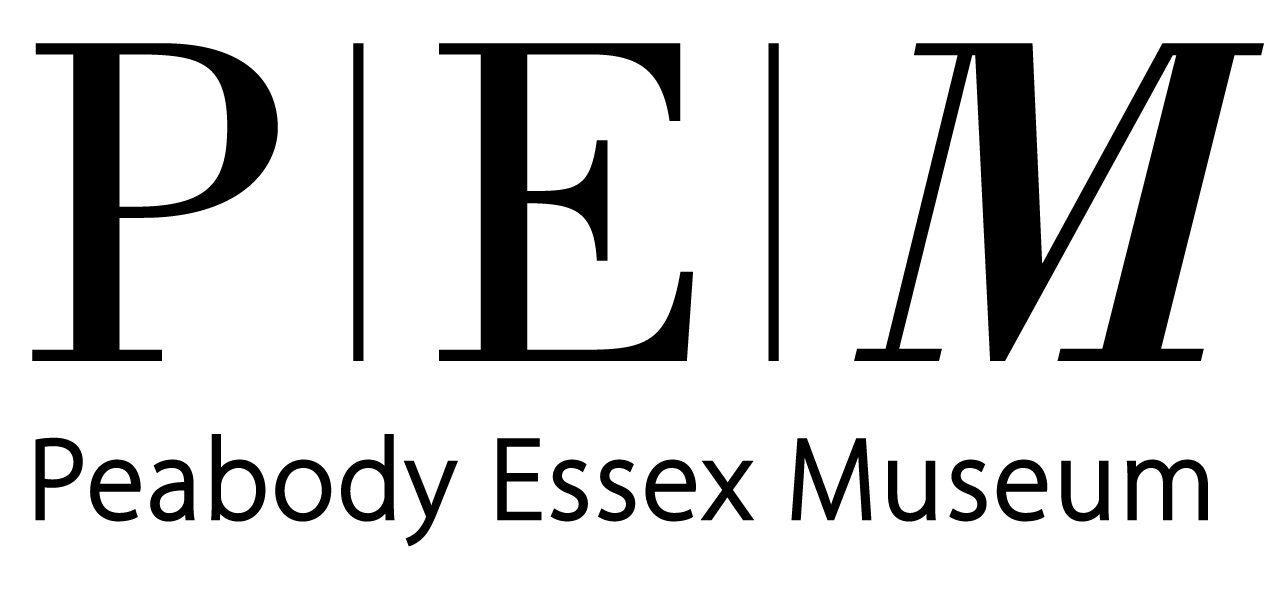In THE COWS IN THE SUNSHINE VALLEY, Two elderly siblings struggling with the care of their livestock face a decision about the future of their family farm. Directors Tell Aulin and Peter Gerdehag directed WOMEN WITH COWS, which won the Special Jury and American Cinematographer Award for Cinematography at SFF 2013. SFF program director Jeff Schmidt caught up with Aulin prior to the film's US Premiere as part of SHORTS BLOCK A at The National Park Service Salem Visitor Center on Friday, March 29 at 3:30pm.
Jeff Schmidt: SFF audiences were first introduced to you when we screened WOMEN WITH COWS at SFF 2013. Can you tell us a little bit about your background and your approach to filmmaking?
Tell Aulin: Peter and I have had a very special relationship ever since we started to work together on our first film LIFE AND DEATH OF A FARMER in 2003. It was Peter's first attempt to film his own mentor Styrbjörn Ejneby, that taught him the importance of biodiversity, saving precious nature and various landscapes. This was my first chance to make a film on my own from his collected 80 hours of raw material. Peter was already an acclaimed still photographer, awarded by the Swedish King for his commitment to the subject and making several books. Myself, I was the young talent from a small film school dreaming of making my first documentary film, that Peter chose to believe in. Luckily enough the film was an instant success on Swedish Television and we continued with making documentaries like THE HORSEMAN and later WOMEN WITH COWS.
The approach we have developed is for Peter to create trust and have a very close relationship to the main characters that he's filming for several years. And for me to keep more of a distance, to be able to make the hard choices and to ask for more scenes or background stories that will show the most compelling narrative without compromising on either the truth or giving the characters ways of influence the story, due to his or her relation to the one filming them. It’s a method based on total confidence in each other’s profession and that have kept us both from ever going into conflict over a story. Basically, Peter is the director on scene and I’m the director in the edit room.
JS: How did you first become acquainted with Sonja and Gösta and when did you decide to make a film about them and their farm?
TA: Peter started to film Sonja and Gösta in 2007 when he was told that they had a very special old breed of red and white cows. By then we had no interest from any investors in the project at all. But this is also something that we have learned that has to come second, since we often document people and places that probably won't be around for too much longer. The decision of finally making a short film was taken when SVT (Swedish Television) decided to support the project in 2017.
JS: This film has some similarities to WOMEN WITH COWS, can you talk about your interest in the area of agriculture and aging?
TA: We were both born in small villages in the Swedish countryside. I was raised on a small cow farm as a child and Peter has also lived close to nature since childhood. Peter is really true to his own life history, and has always sought his motifs in nature and later also in the rural landscape. Myself, I have found it very satisfying to reconnect to my roots telling these stories since basically my whole family background comes from a history of farmers since hundred of years ago. For Peter it is important to not shy away from using his art to tackle the most fundamental questions in life. One of those themes is of course aging and the great value of life experience that comes with it. This is also something we both share deeply in our passion for storytelling. The respect for things to develop naturally and try to learn as much as we can from it, to be able to leave this earth a little bit better than we inherited it ourselves.
JS: What motivates you as filmmakers?
TA: Peter’s personal motto has always been: A good photo isn’t a goal in itself, the real goal is the effect that the photo generates. I totally buy into this motto and try my best to use his fantastic footage so that the audience will have different ways of "reading the story". To tell the films with what I find to be symbolic pictures and with a narrative that also demand something from the audience. That they must invest their own experiences from life to be able to read the full context. It's our main goal that these film portraits make the audience think about their own life ambitions and the very meaning of life.
JS: What do you hope people will take away from your film?
TA: Life is worth living no matter how it plays out and the sooner we accept this, the more happier and fulfilling life we'll have.
THE COWS IN THE SUNSHINE VALLEY screens as part of Shorts Block A at the National Park Service’s Salem Visitor Center on Friday, March 29 at 3:30pm – FREE ADMISSION.


